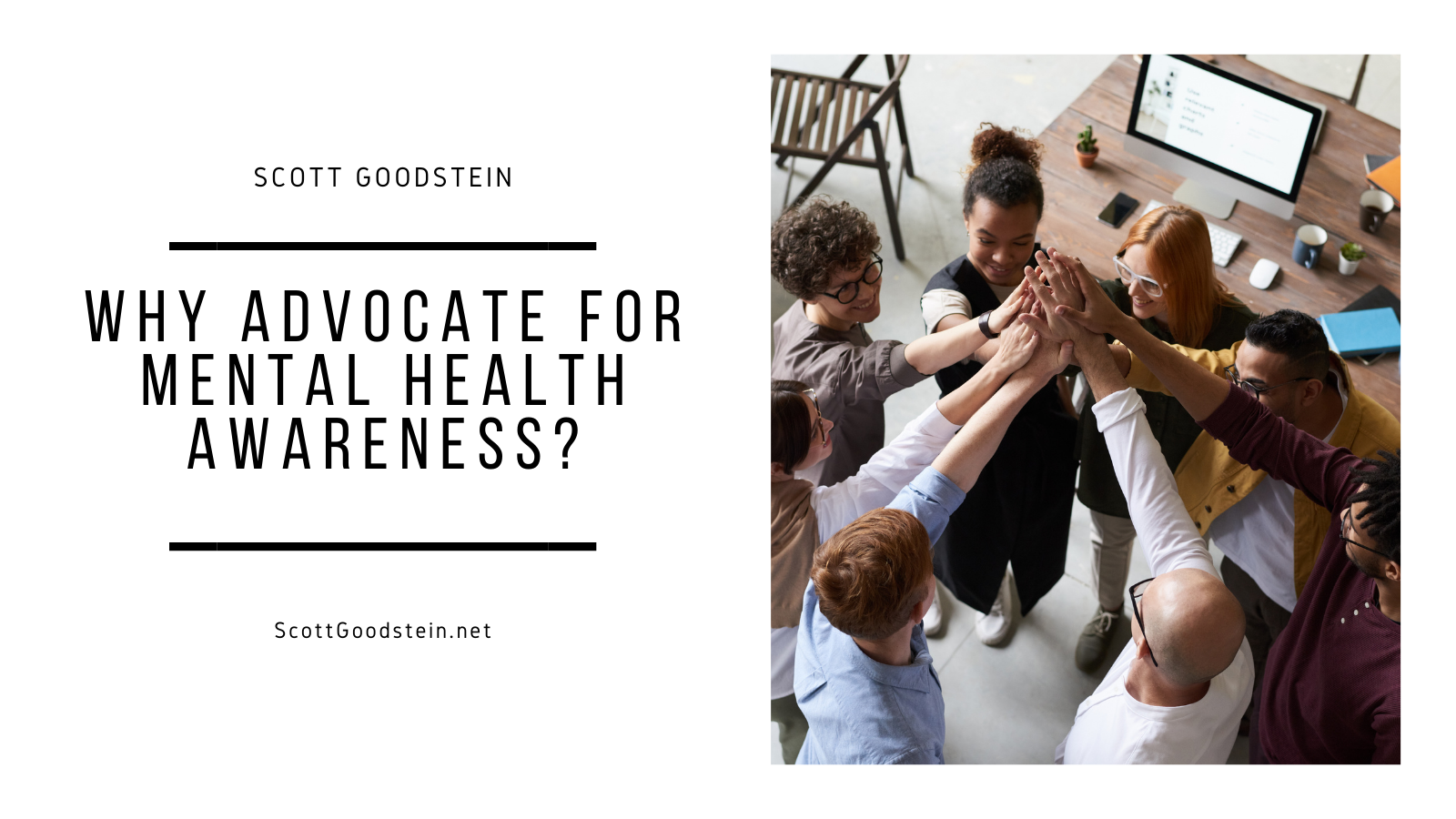There are many causes in the world that need someone to advocate for it. Some people are advocates for climate change, while others do their part to help the homeless. Mental health, though stigmatized, is a cause that needs advocates now more than ever. Mental health is our emotional health, cognitive health, and affects our relationships with other people. It’s how we take care of ourselves and others, and mental illnesses can be debilitating depending on the severity.
However, despite how important taking care of our mental health is, there’s a negative stigma around speaking about our mental health. Most people repress this health issue and don’t get treatment for it, if they can afford it in the first place. This is why mental health advocates are important: they speak out for people who are suffering despite the stigma surrounding it, bringing awareness to the issue at hand.
Many people who suffer from mental illnesses don’t have a voice to speak out for themselves, and sometimes those that do are spoken over by those who don’t have a mental illness. Mental illnesses are invisible illnesses and are often dismissed because of this. A depressed person who is lacking the energy to do anything because of their illness, for example, might be brushed off by someone without a mental illness as being lazy. Someone with anxiety panicking over something small might be referred to as overreacting to a situation by someone who doesn’t suffer from the illness.
Because of this, advocates are so vital—they’re the people who explain and discuss mental illnesses to those who don’t have one when those people don’t listen to those impacted by these illnesses in the first place. Whether it’s in person or online, mental health advocates remind those with mental illnesses that people are on their side. They aren’t alone in this fight against the stigma, and they’ll be there until mental health is taken seriously.
It doesn’t take much to become an advocate, nor is it necessary to share anything too personal to start advocating for mental health awareness. Supporting those who need the support, volunteering with mental health organizations, and encouraging local politicians to prioritize mental health are all wonderful ways to advocate for this awareness.
By advocating for mental health awareness, the stigma will slowly but surely go down while showing others that they have someone on their side. The path to change isn’t passive—it’s active, and it starts with someone raising their voice.


